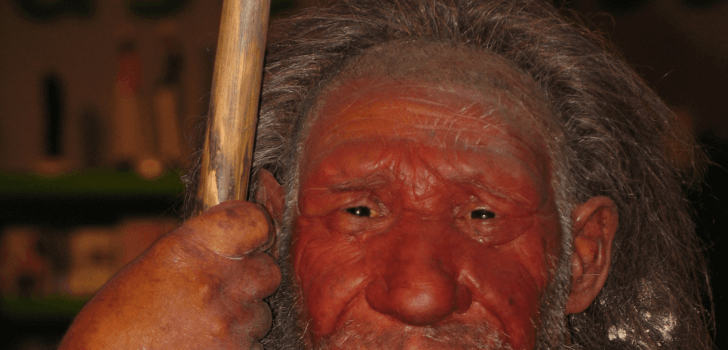A 14,000 year old thigh bone fragment that was found in a Siberian cave more than 25 years ago might represent evidence of the unexpected survival of human ancestors that disappeared long ago. If this is true, then a creature that was either Homo habilis or Homo erectus likely survived alongside the Neanderthals into much of the ice age.
Researchers located the mysterious bone fragment in the Maludong Cave in Siberia. The cave has also been known to be home to modern Homo sapiens. Ultimately, Homo sapiens were the only species that survived the multicultural ice age that took place 10,000 years ago.
The fossil that was discovered is that of a partial femur. It has been left unstudied for 25 years in a museum in Southeastern Yunnan in China. Experts have stated that the bone fragment likely belonged to a humanoid creature that was either a Homo habilis or a Homo erectus. These creatures first roamed the planet more than 1.5 million years ago.
Researcher of the Yunnan Institute of Cultural Relics and Archaeology Ji Xueping said, “Its young age suggests the possibility that primitive-looking humans could have survived until very late in our evolution, but we need to be careful as it is just one bone.”
University of New South Wales paleoanthropologist Darren Curnoe added, “The new find hints at a possibility that a pre-modern species may have overlapped in time with modern humans on mainland East Asia, but the case needs to be built up slowly with more bone discoveries.”
Lead researcher at the Natural History Museum in South Kensington Chris Stringer was more skeptical, saying, “It is an isolated bone. It is not even half a femur. I am cautious. What we need more than anything is more complete material.”
So while researchers are very cautious about making any bold claims, the finding is still very exciting. The size of the thigh bone indicates that the individual in question likely weighed around 110 pounds, which is quite small for the ice age. Regardless, the finding could very well indicate that some ancestors to Homo sapiens stuck around longer than we initially thought.
Stay Connected